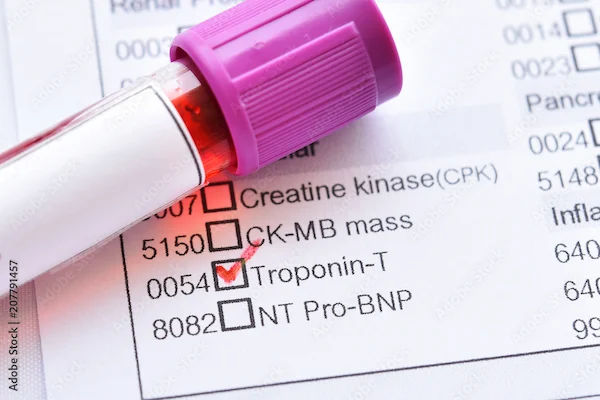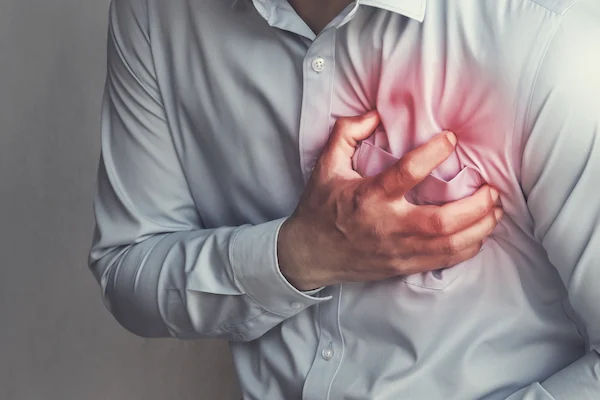- male
- 17 Years
- 07/02/2025
I'm a 17-year-old guy and for the past three months, I've been having really frequent heart palpitations, like 4 to 5 times a day, sometimes even 6 or 7. It's just that feeling of my heart skipping a beat for a couple of seconds before it goes back to normal. It happens all of a sudden and I'm wondering if this could mean there's some heart disease going on. My resting pulse is 104. Also, I've noticed my hair has started thinning a bit. Could there be some link between the palpitations and things like nutritional deficiencies or low blood count?
Answered by 1 Apollo Doctors
It is important to investigate the cause of your frequent heart palpitations and elevated resting pulse rate. One possible connection between your symptoms of heart palpitations and hair thinning could be an underlying thyroid issue. I recommend consulting with a healthcare provider for further evaluation and testing. In the meantime, you can consider taking Propranolol 10mg for symptomatic relief of palpitations. However, this is not a definitive treatment and a proper diagnosis is necessary.
Dr. Mubarak Suggests...
Consult a Cardiologist
Answered 04/07/2025
0
0

More Cardiology Health Queries
View allI'm experiencing chest tightness for the past three days, and I also have shortness of breath at night. Could these be symptoms of COVID? I'm really worried about this, and I'm not sure what I should do. Can you help?
Ecg and x-ray chest pa view is advised to the patient.
Answered by 1 Apollo Doctors
I'm a 22-year-old male and recently had a panic attack that lasted for three days on September 6, 2017. Ever since then, I've been noticing that even the smallest tasks make my heart rate go way up. I got an ECG done, and it showed sinus rhythm and an incomplete right bundle branch block. I'm really not sure what to do next. Should I be worried? What steps should I take from here?
That could be due to anxiety,visit Psychiatrist for appropriate management
Answered by 1 Apollo Doctors
My mom just turned 49 and she was recently diagnosed with aortic sclerosis and AR AT. Her blood pressure's been super high at 190100, even with medication. I'm really worried. Is this something that can be cured, and what steps should we take to prevent heart failure?
condition of aortic sclerosis with AR+ and AT+ along with high blood pressure of 190100 can be managed with medication. To help prevent heart failure and further complications, it is important to control her blood pressure. She can take medications like Amlodipine 5mg once daily and Lisinopril 10mg once daily to help lower her blood pressure and reduce the strain on her heart. Additionally, she should follow a heart-healthy diet low in sodium and saturated fats, engage in regular physical activity, and avoid smoking. Regular follow-up with her healthcare provider is essential to monitor her condition and adjust treatment as needed
Answered by 1 Apollo Doctors
Disclaimer: Answers on Apollo 247 are not intended to replace your doctor advice. Always seek help of a professional doctor in case of an medical emergency or ailment.


.webp)


